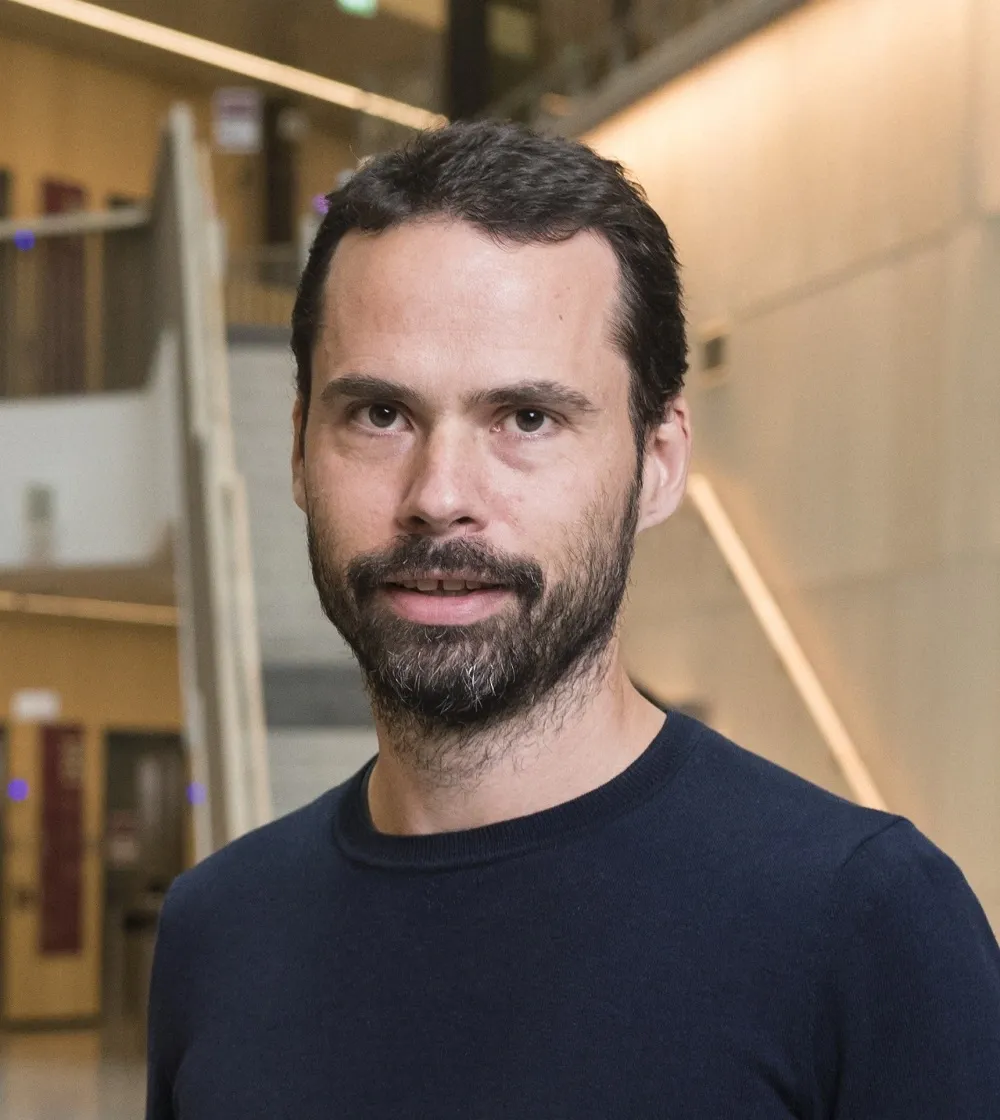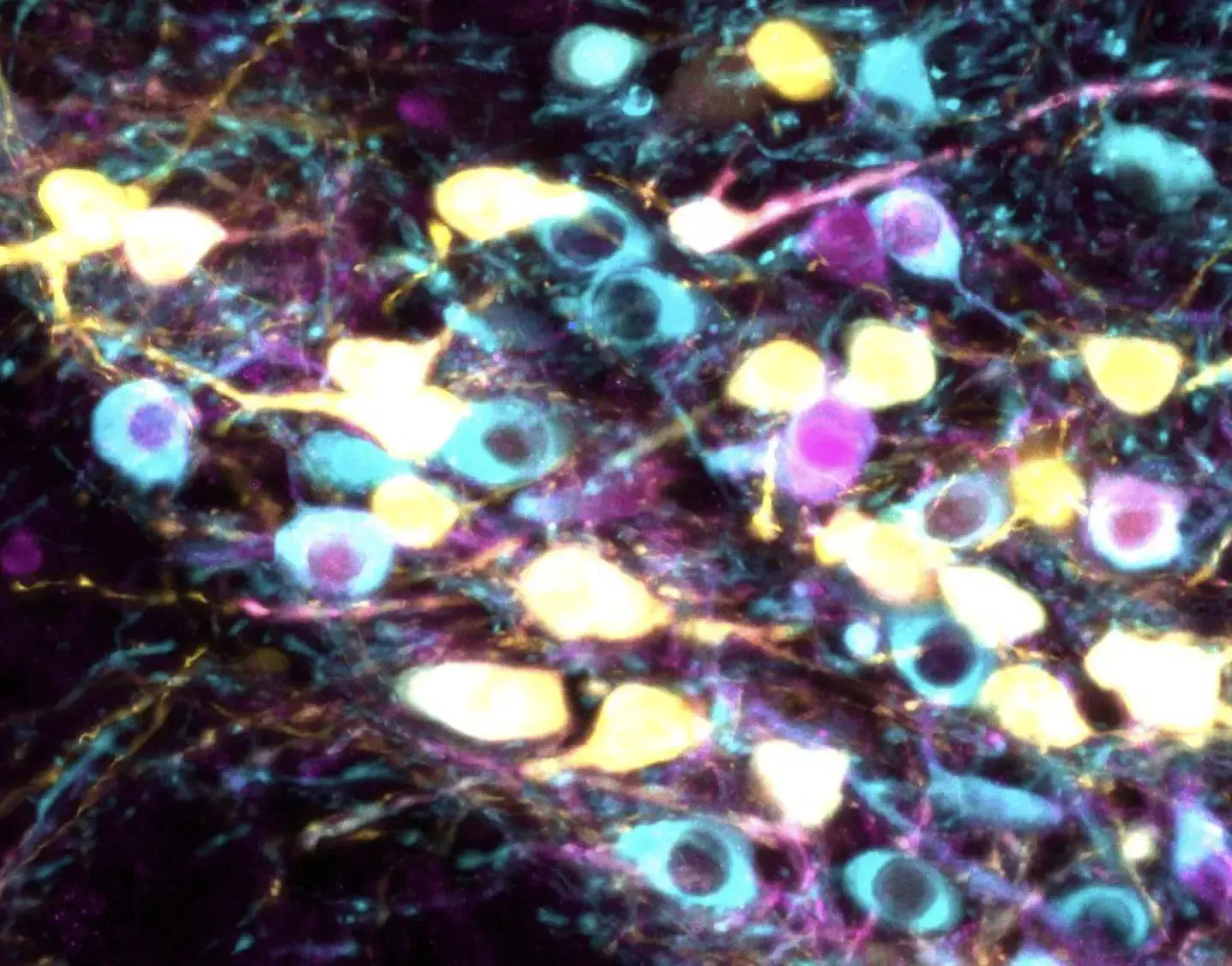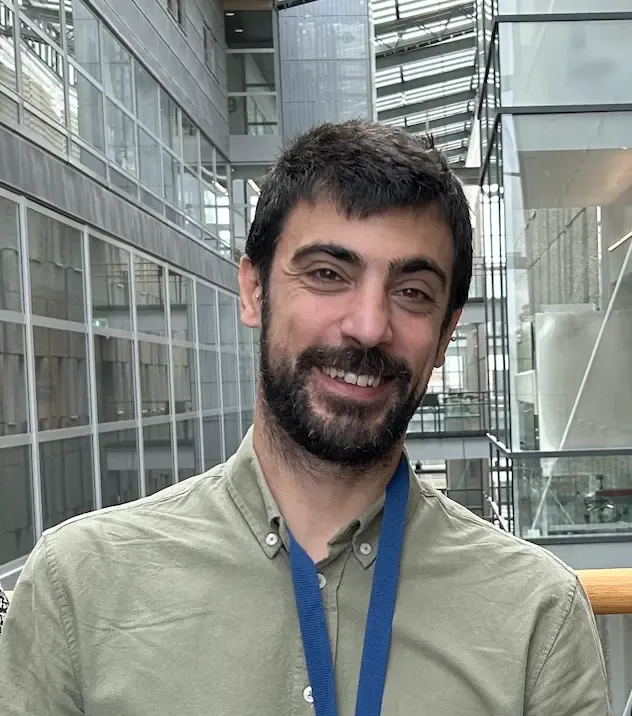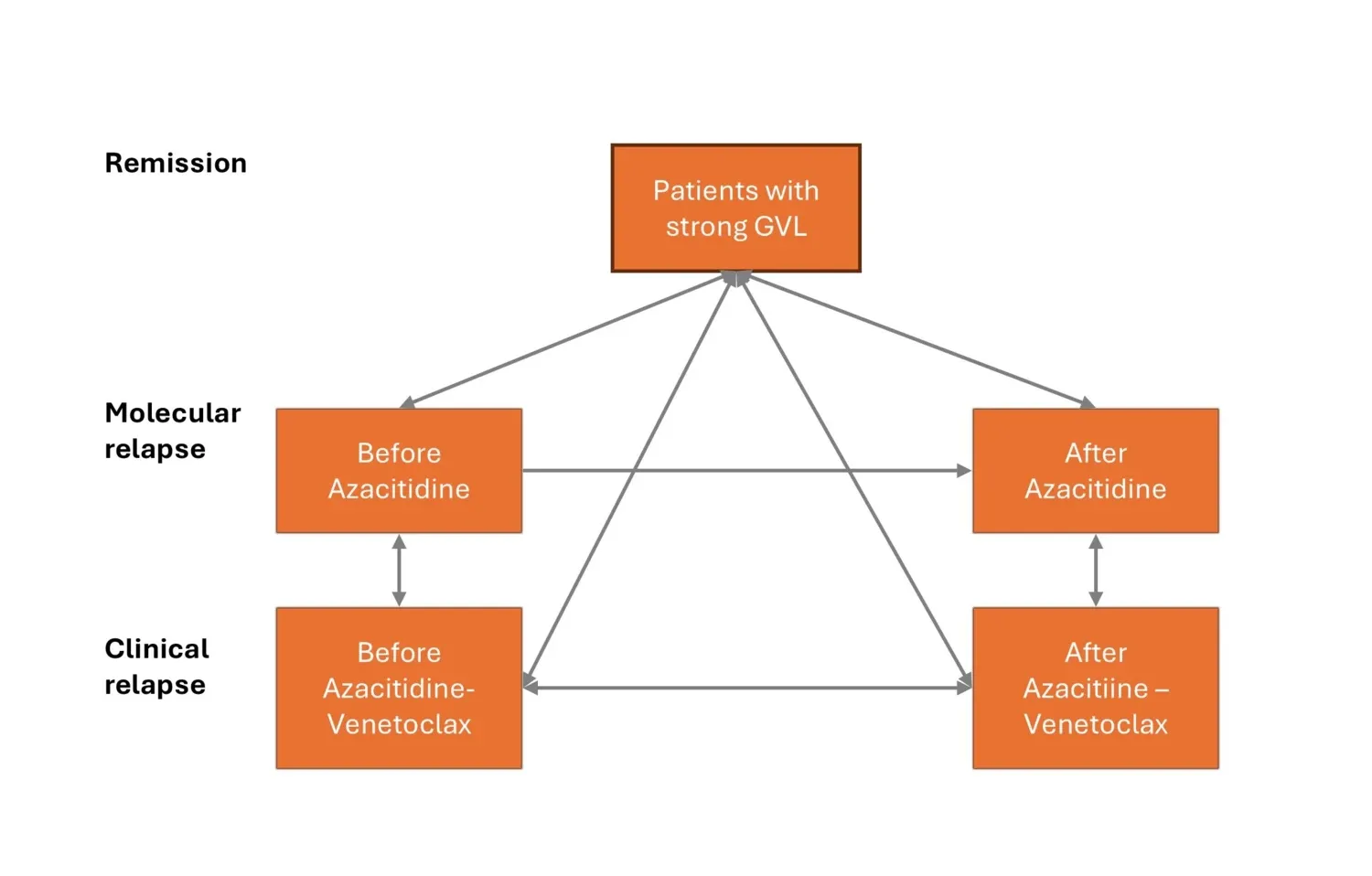Tandem Grants 2025-2026
The Tandem grant scheme aims to strengthen and support high-quality translational/clinical research at an international level. StratRegen invites collaborative project applications from a fundamental/pre-clinical researcher and a clinical researcher, with the goal of fostering the transition from basic research to clinical translation and vice versa.
The steering committee for SFO stem cells and regenerative medicine has decided to award 2 tandem grants for 2025 and 2026.
Each grant has a value of 2 million SEK per year.
Konstantinos Meletis & Per Svenningsson
Early diagnosis and gene therapy in Parkinson’s disease targeting a vulnerable dopamine neuron type.

This collaborative project aims to develop innovative diagnostics and gene therapies for Parkinson’s disease (PD) by targeting the most vulnerable dopamine neurons. The project will use adeno-associated virus (AAV)-based gene therapy to protect vulnerable Anxa1+ dopamine neurons from early degeneration and establish new biomarker assays from cerebrospinal fluid (CSF) and blood for diagnosis of prodromal PD.

By integrating basic neuroscience and clinical neurology, this collaboration will bridge molecular and circuit discoveries with patient applications, with the potential to establish new diagnostic tools and cellular strategies to prevent disease progression.

Andrea Ponzetta & Magnus Tobiasson
Investigating Post-Transplant Relapse Mechanisms in Myelodysplastic Syndrome

Our research explores the cellular and molecular dynamics underlying relapse in myelodysplastic syndrome (MDS) patients following allogeneic hematopoietic stem cell transplantation (HSCT). Using single-cell RNA sequencing (scRNA-seq), CITE-seq, and T-cell receptor sequencing (scTCR-seq), we characterize the reconstitution of hematopoietic stem and progenitor cells (HSPCs) and immune subsets.

Our prospective clinical trial evaluates preemptive treatment of molecular relapse with Azacitidine to mitigate disease progression while assessing its impact on the graft-versus-leukemia (GvL) effect. In addition, we study the combined effect of Azacitidine and Venetoclax in patients with clinical relapse. By leveraging a unique biobank of serial patient samples, we aim to refine relapse intervention strategies and improve post-HSCT therapeutic outcomes.

More research is performed in Andrea Ponzetta´s and Magnus Tobiasson´s groups
